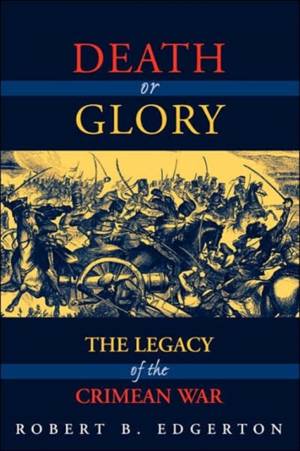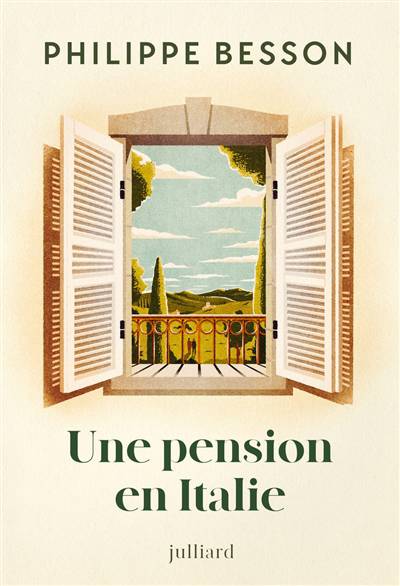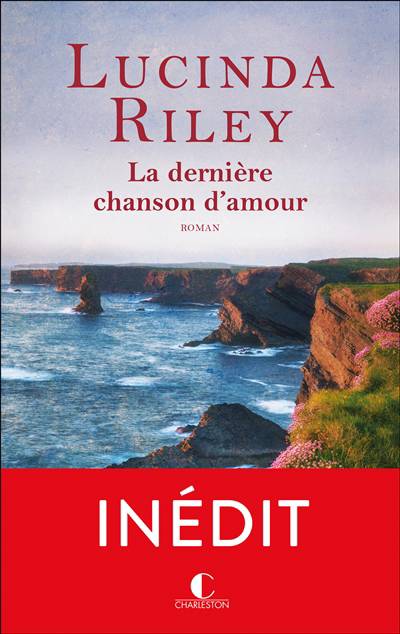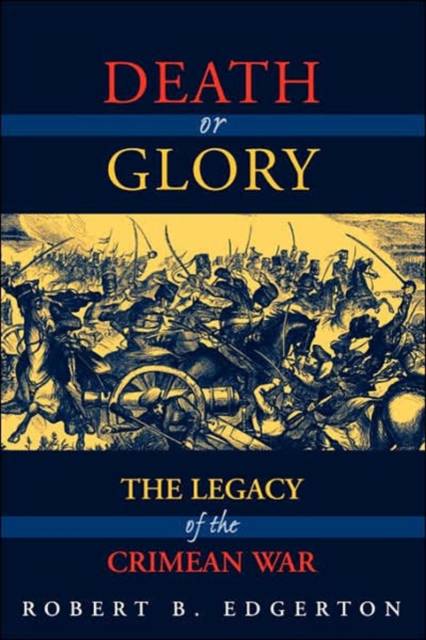
- Retrait en 2 heures
- Assortiment impressionnant
- Paiement sécurisé
- Toujours un magasin près de chez vous
- Retrait gratuit dans votre magasin Club
- 7.000.0000 titres dans notre catalogue
- Payer en toute sécurité
- Toujours un magasin près de chez vous
37,45 €
+ 74 points
Description
In 1853, the Crimean War began as an intensely romantic affair, with officers and soldiers alike taking to the fray with phrases like "death or glory" on their tongues and in their hearts. Nothing stands out more starkly than the toughness of the soldiers who fought so savagely, seldom complained, and only rarely collapsed under war's terrible and relentless stresses. Acts of astonishing bravery, many of them by doctors, women, and children, were commonplace. But so was callousness and brutality. The war soon became an impersonal, long-range killing match that resembled, far in advance, the trench warfare of World War I. It became a showcase for bad generalship and bureaucratic bungling. Men, women, and children died of hunger, cold, and disease many times more often than they were killed by rifles or the most massive artillery barrages the world have ever seen.Death or Glory is not a mere battle chronology; rather, it is a narrative immersion into conditions during what became arguably the most tragically botched military campaign, from all sides, in modern European history -- and the most immediate precedent to the American Civil War. Edgerton paints a vivid picture of the war, from the Charge of the Light Brigade and the heroics of Florence Nightingale to the British soldiers who, simply unable to take the misery, starvation, and cholera any longer, took their own lives. He describes how leaders failed their men again and again; how women and children became unseen heroes; how the universally despised Turks fought their own war; and, finally and perhaps most importantly, why so many fought so bravely in what seemed a futile cause. By comparing these experiences with those of Northern and Southern soldiers during the more well-documented American Civil War, Edgerton contributes a new perspective on how soldiers in the mid-19th century experienced war, death, and glory.
Spécifications
Parties prenantes
- Auteur(s) :
- Editeur:
Contenu
- Nombre de pages :
- 304
- Langue:
- Anglais
Caractéristiques
- EAN:
- 9780813337890
- Date de parution :
- 01-06-00
- Format:
- Livre broché
- Format numérique:
- Trade paperback (VS)
- Dimensions :
- 150 mm x 227 mm
- Poids :
- 421 g

Seulement chez Librairie Club
+ 74 points sur votre carte client de Librairie Club
Les avis
Nous publions uniquement les avis qui respectent les conditions requises. Consultez nos conditions pour les avis.







